India’s Defence Minister urges IAEA to take charge of Pakistan’s nuclear weapons
- In Reports
- 08:28 PM, May 15, 2025
- Myind Staff
India’s Defence Minister Rajnath Singh said on Thursday that the International Atomic Energy Agency (IAEA) should take charge of Pakistan’s nuclear weapons. He made this statement a few days after India and Pakistan ended their worst military conflict in almost 30 years.
Last week, India and Pakistan engaged in deadly fighting. India carried out airstrikes on what it said were “terrorist camps” inside Pakistan. India said it launched the strikes in retaliation for an attack in Indian Kashmir last month that killed 26 men. India claimed Pakistan backed that attack. Pakistan denied the allegations.
Both countries then sent missiles and drones into each other’s airspace. They reached a truce on Saturday.
While addressing soldiers in Srinagar, the summer capital of Indian Kashmir, Singh questioned Pakistan’s nuclear responsibility. He asked, “Are nuclear weapons safe in the hands of such an irresponsible and rogue nation?” He added, “I believe that Pakistan’s nuclear weapons should be taken under the supervision of IAEA.”
Pakistan’s foreign ministry condemned the comments in a post on X. The ministry said Singh’s remarks showed India’s “insecurity and frustration.” It also stated that Pakistan had “effective defence and deterrence against Indian aggression through conventional means.”
The IAEA is a UN watchdog based in Vienna. It monitors nuclear programmes to ensure they remain peaceful. The IAEA already monitors several Indian civilian nuclear facilities under a 2008 agreement.
India and Pakistan became nuclear powers after conducting tit-for-tat nuclear tests in 1998. Their long-standing hostility has made South Asia one of the world’s most dangerous nuclear flashpoints.
The latest conflict between the neighbours escalated sharply on Saturday. There were fears that nuclear weapons could be used. Pakistan’s military said a top body overseeing its nuclear weapons would meet. However, Pakistan’s defence minister said no such meeting was scheduled.
Military analysts said Pakistan may have hinted at its nuclear option. Pakistan has a “first-use” policy. This means Pakistan may launch a nuclear strike if it feels its existence is threatened, even if the enemy has not used nuclear weapons.
Meanwhile, U.S. President Donald Trump said the India-Pakistan dispute had been settled. He said he urged both nations to focus on trade instead of war.
Speaking to American troops at a base in Qatar, Trump said, “I hope I don’t walk out of here in two days...to find out that is not settled, but I think it is settled and we talked to them about trade, let’s do trade instead of doing war.”
Trump first announced the ceasefire on Saturday. He credited U.S. diplomacy and pressure for achieving it.
Pakistan thanked Washington for its role. But its foreign ministry did not immediately respond to Trump’s latest statement.
India also did not issue a new response on Thursday. Earlier in the week, India’s foreign ministry said trade was not discussed with the U.S. India said it reached the ceasefire understanding directly with Pakistan.
On Monday, Indian Prime Minister Narendra Modi said India would strike at terror hideouts across the border again if new attacks happened. He said India would not be deterred by what he called Islamabad’s “nuclear blackmail.”
Pakistan rejected Modi’s comments. It described them as “provocative and inflammatory assertions.” Pakistan said Modi’s remarks represented a dangerous escalation.
India and Pakistan have fought three wars since gaining independence. They fought two of those wars over Kashmir. Both nations claim Kashmir in full and control different parts of it.
India accuses Pakistan of backing Islamist terrorists who fight Indian forces in Kashmir. Pakistan denies that allegation.



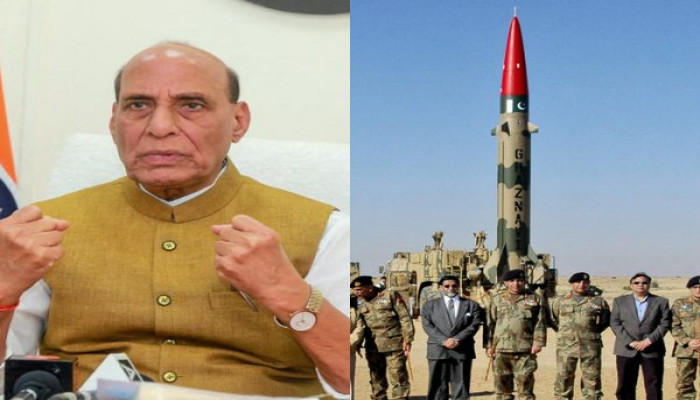



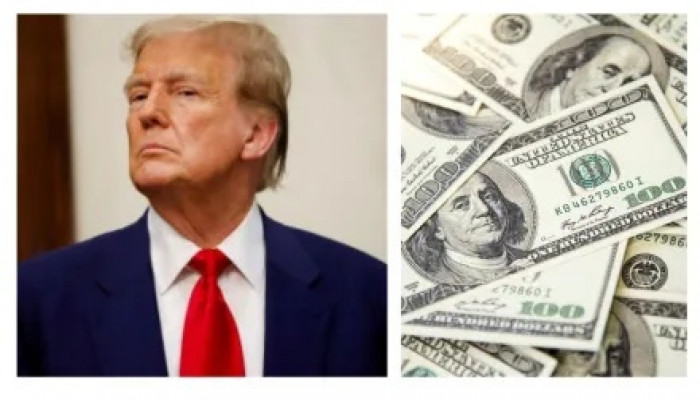
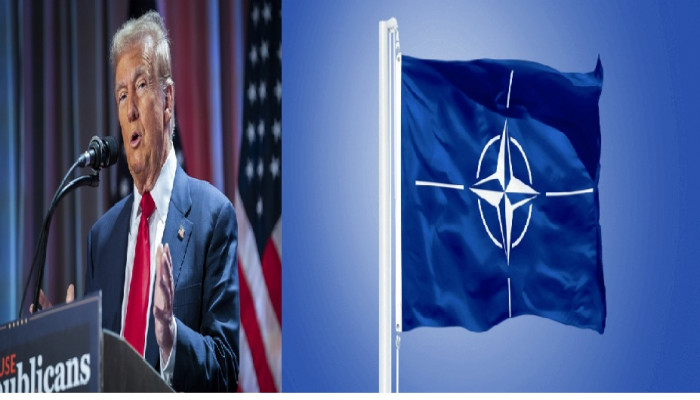
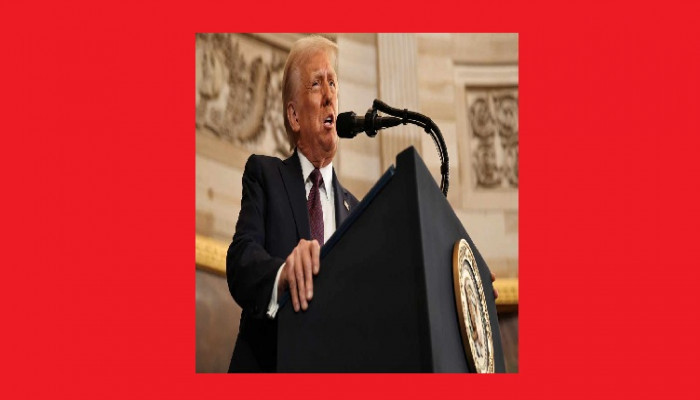
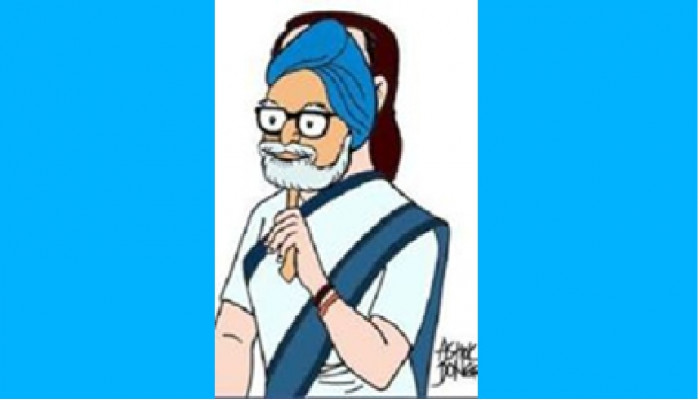
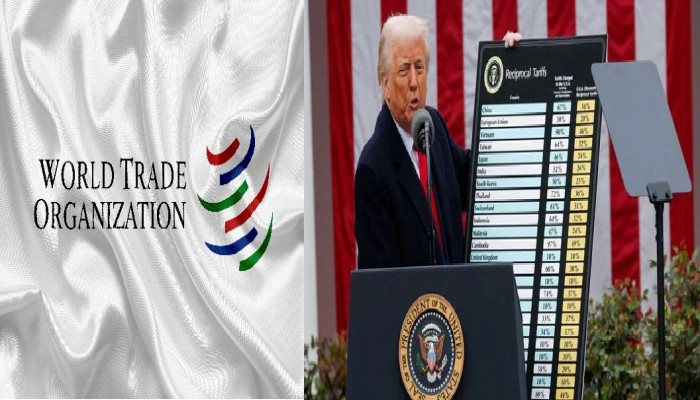
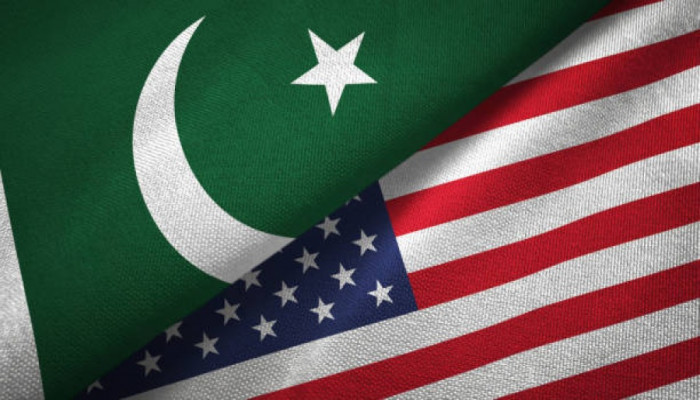

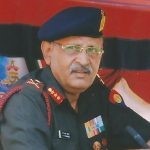



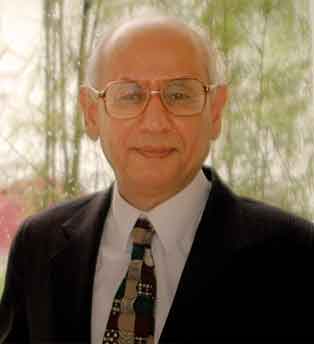



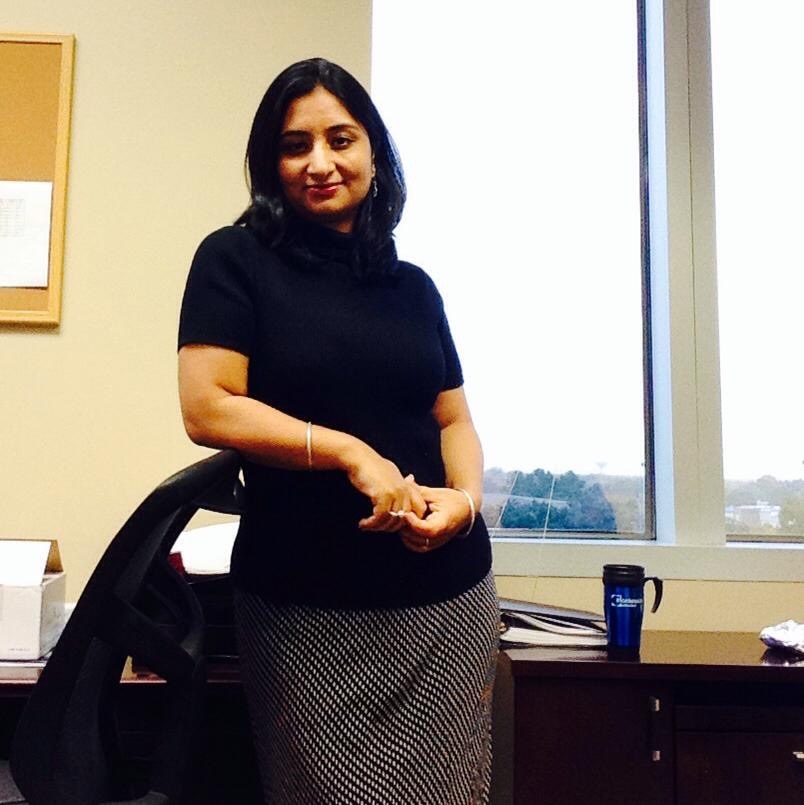
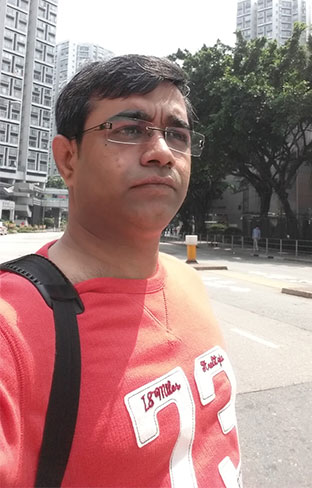

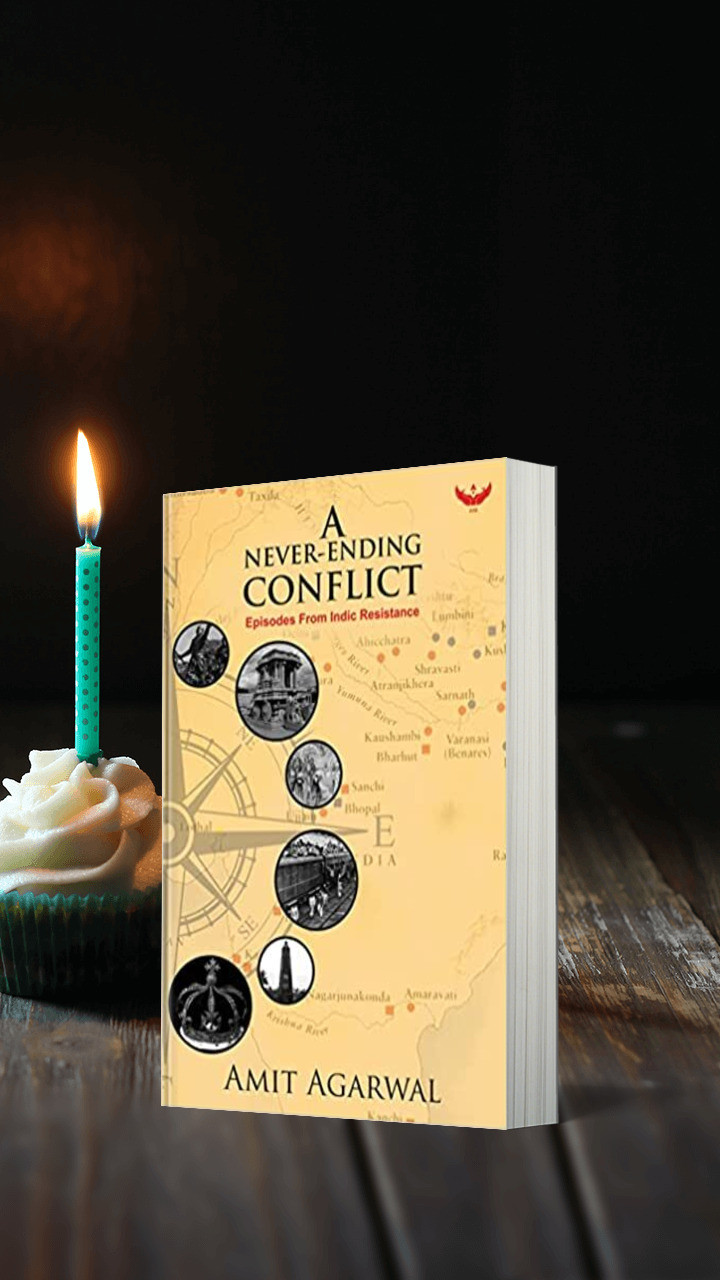

Comments